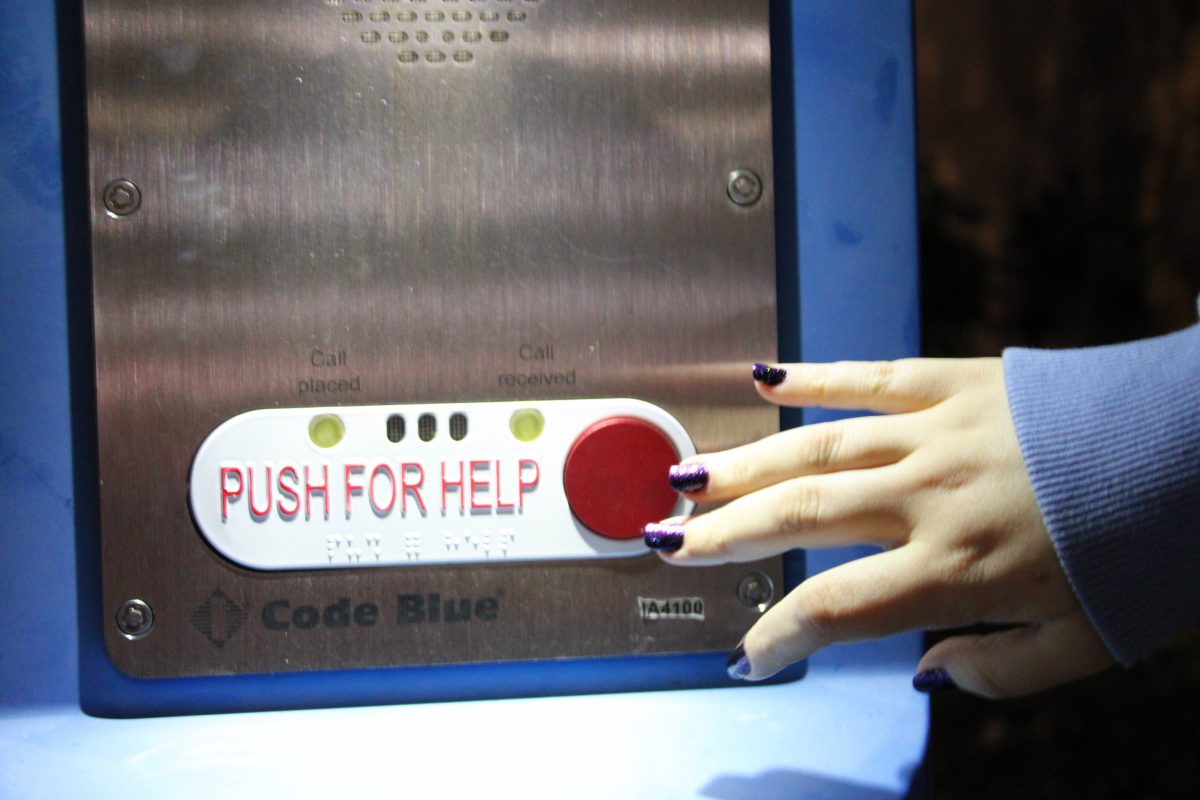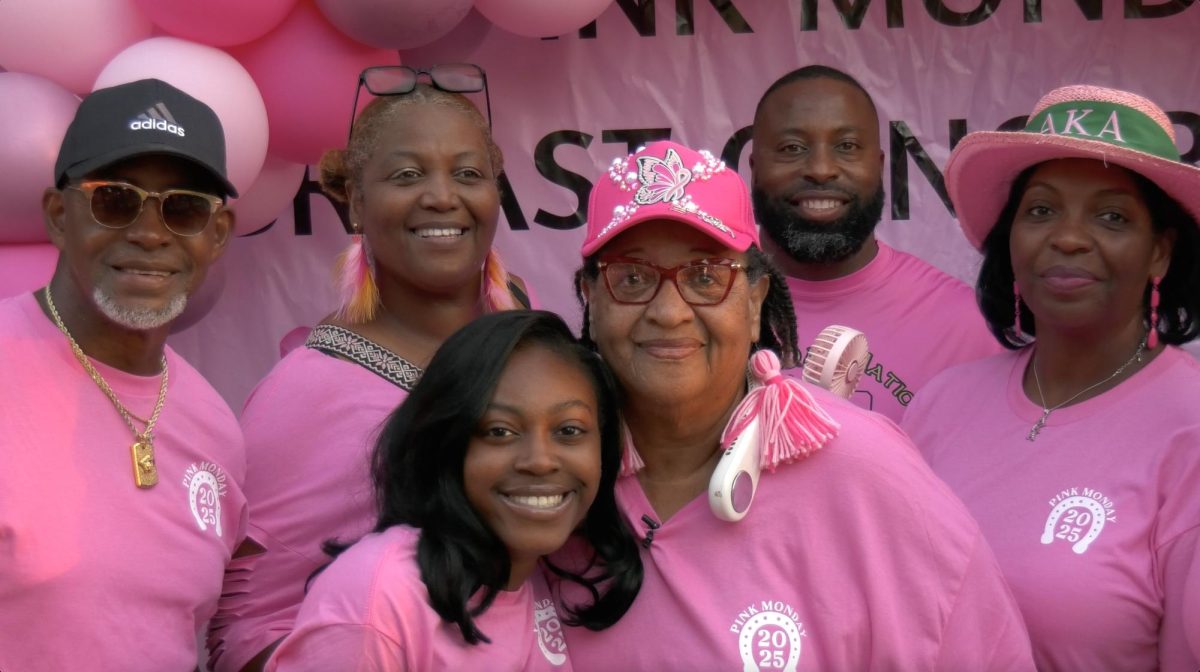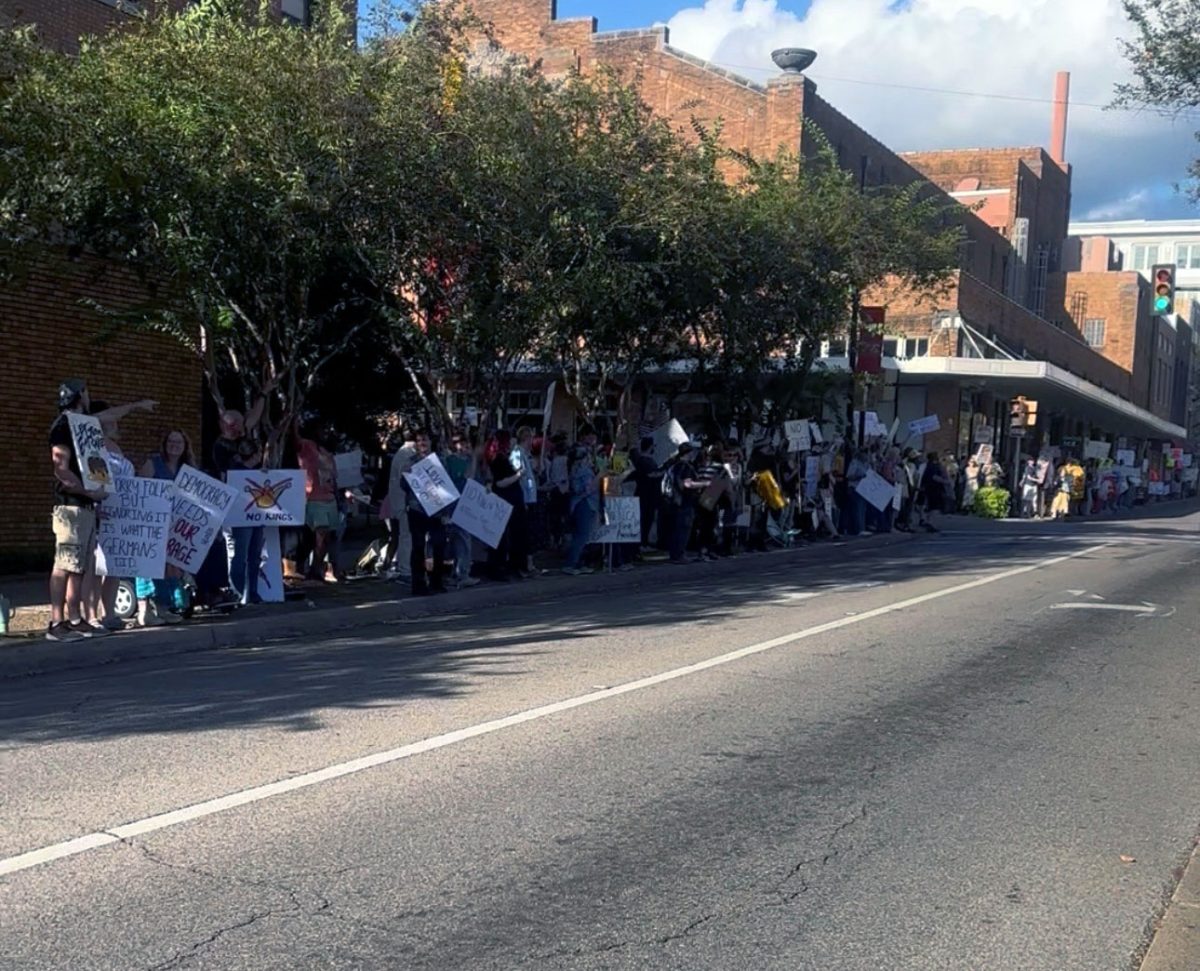YikYak, an anonymous posting social media app, has become quite popular among USM students. Students share memes, unhinged midnight thoughts, common classroom sentiments, campus updates or simply converse with one another. However, students are now sharing warnings, stemming from concerns of harassment at different areas on campus.
It started with the Payne Center, the on-campus recreational and fitness center. According to anonymous female students on YikYak, a man described to have dark brown hair and glasses had been consistently harassing women at the Payne Center while they worked out. These students warned others that he is usually seen on the second floor of the building between 6 and 9 pm. Some students had allegedly reported these encounters to the staff at the Payne Center, but no further actions were taken.
Instances like these have forced students to question their safety on campus, specifically women and queer students.
When multiple women on campus were asked if they felt safe on campus, all of them had mixed responses.
“There’s always an underlying worry that something else can happen,” said freshman Deiondra Richardson. “It’s not always at the forefront, but overall, I don’t ever feel 100% safe.”
Nuriel Perkins, a senior, echoed similar concerns.
“Being a female means that it’s kind of more dangerous for us than it is for males,” she said.
This is a sentiment commonly shared amongst women across many campuses.
While there are designated campus resources for student safety and protection, such as the University Police Department and the Title IX office, some student organizations are making it their goal to educate the public and make a safer campus for everyone.
Sexuality and Gender Equity is an organization that promotes education and ally training for students and faculty, and provides helpful resources for queer students. The organization is keen on the implementation of the Green Dot training program. Green Dot is an intervention program that teaches bystanders how to de-escalate risky situations, especially those that can lead to sexual assault or violence.
Drew Le, the president of SAGE, is confident in UPD and Title IX’s abilities to protect campus, but believes that there is still work to be done in making the campus more acceptable and safe for everyone.
“I feel pretty safe on campus, but I have heard from other fem-presenting people that there are still discomforts when walking out, especially when it’s late or dark,” Le said.
Le recommends that the campus utilize PRISM, an on-campus LGBTQ+ resource, for educational and helpful purposes.
“It feels pretty accepting now, because we have PRISM,” he added. “But I will say that it doesn’t feel like that every part of USM’s campus is quite ready to receive those kinds of resources and be open to promoting those communities and going to bat for those communities.”
According to Le, there are still offices on campus that are not open to the fundamentals and beliefs of SAGE. As a result, SAGE is helping these offices become more accepting.
Other student organizations like Generation Action, a division of Planned Parenthood, makes it a goal to protect the people of campus who feel unsafe or threatened. The organization educates the public on safety and human rights, and is strongly against the religious protesters that visit campus to spew homophobic, transphobic, racist and sexist remarks to students passing by. As a result, many students feel unsafe.
Trenity Spratley, the president of Generation Action, has made multiple moves to ensure student safety and protection during these protests.
“We like to remind our members when the protesters are here,” Spratley said.
She keeps the group updated on their appearances, and helps peers plan accordingly should they feel that there is a malicious intent.
“We help them change their route, or find a friend to go with, or they can ask us to go with them to avoid that area,” she continued.
Spratley also shares Le’s confidence in the abilities of campus security and protection organizations, but feels that they are not being broadcast to the public on their abilities.
“I know they have resources for that, but I feel that they should promote more of those resources, such as Title IX and how to get in contact with UPD,” Spratley said.
In emergency situations, students can call 911 or UPD’s office at 601.266.4986. There are Code Blue emergency towers spread around campus and surrounding areas and can be accessed in a crisis to deploy emergency services to the area. For issues dealing with Title IX (gender and race discrimination and harassment), students can visit the office in Cook Library Room 129, or contact their office at 601.266.6804.
Remember to stay vigilant. If you see something, say something. It is a commonly shared sentiment, but it bears repeating—students deserve to feel safe at any college campus.
























